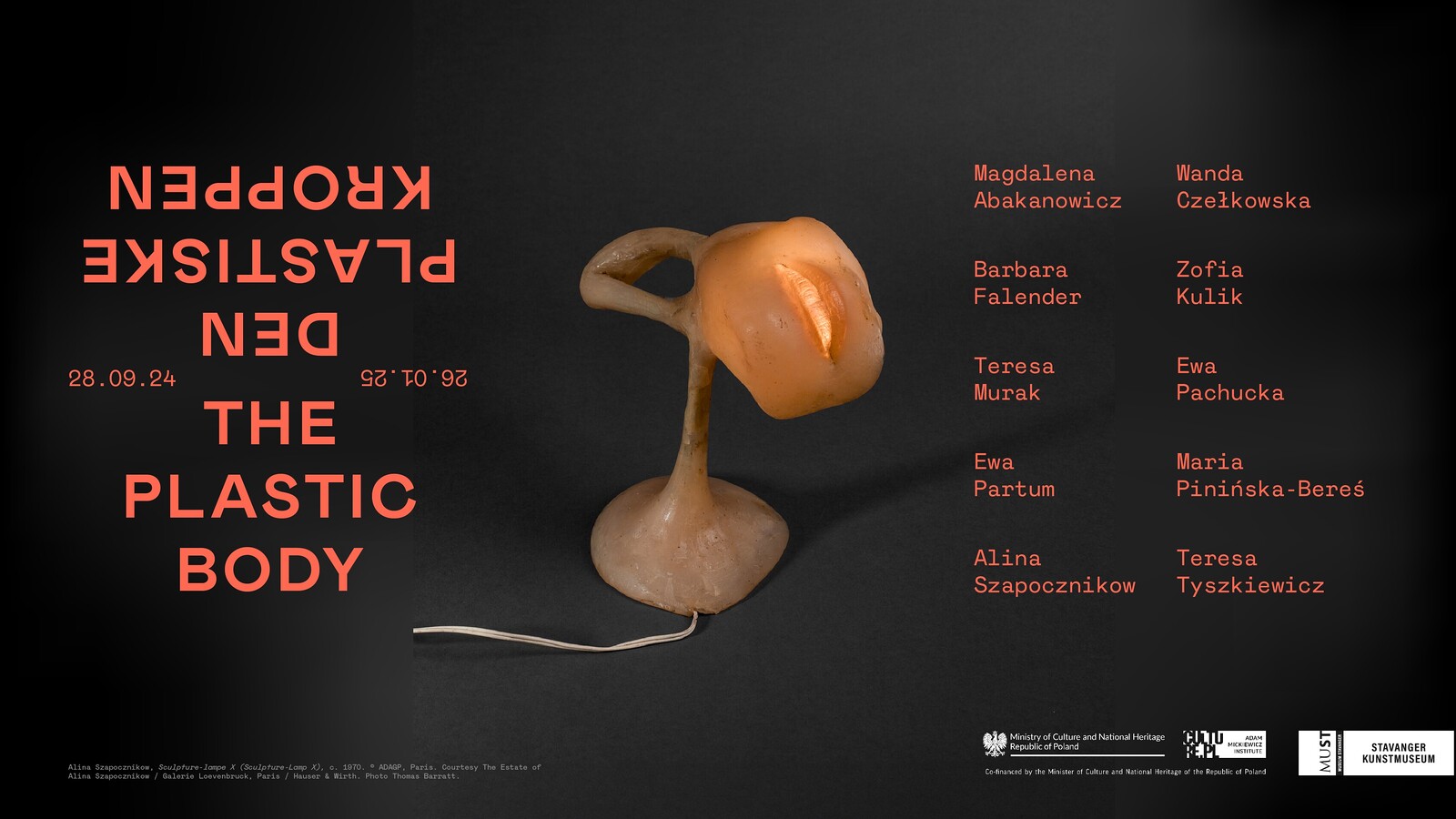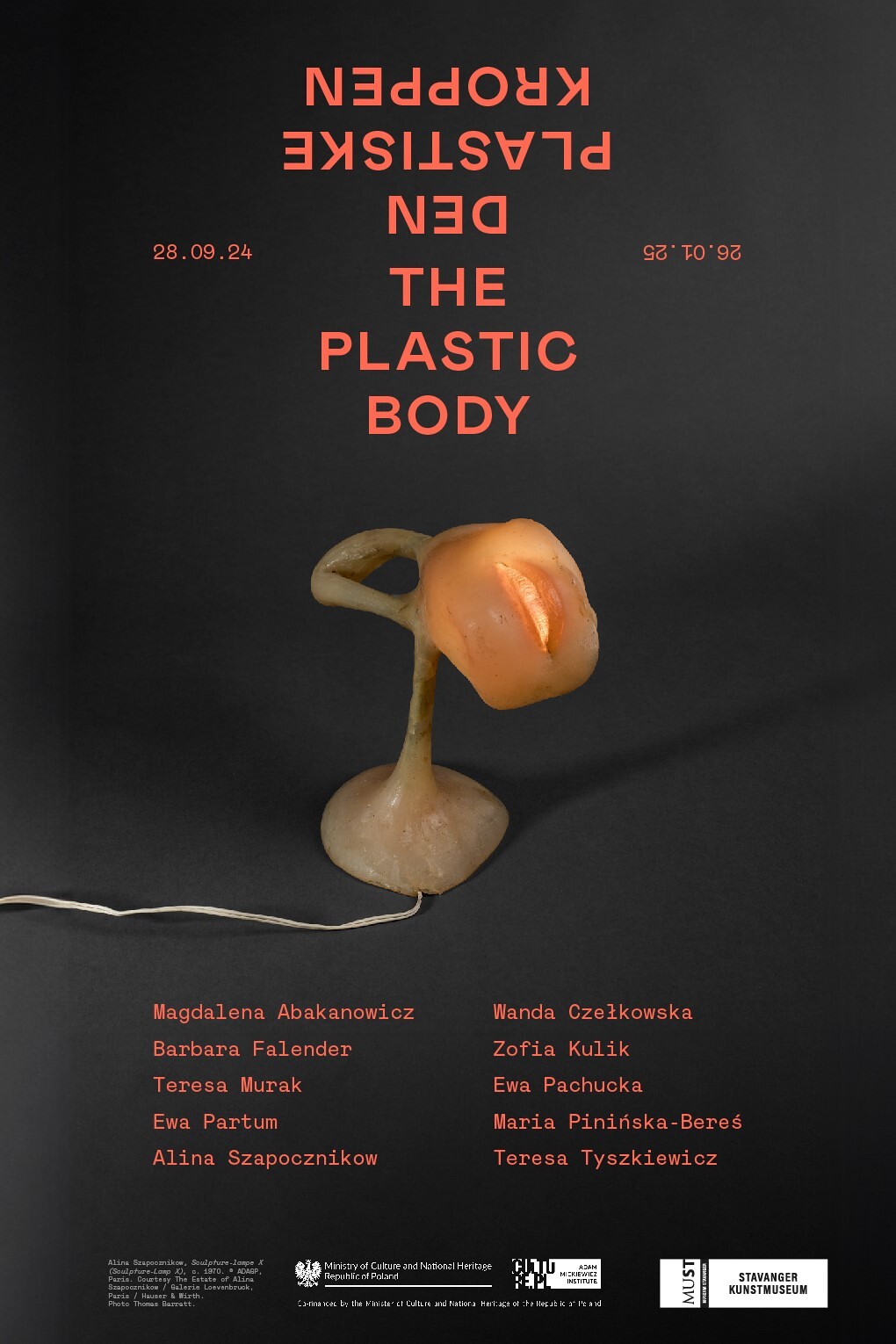Issue #11
“What is Contemporary Art?” Issue One
December 2009
Available online:
e-flux.com/journal
About a year ago, while trying to develop a wiki archive for contemporary art at e-flux, we encountered a small technical problem in deciding how to implement a simple menu structure to allow readers to navigate such an archive. We thought first to organize it according to movement. Yet there have been no significant movements in the past twenty years, and artists have not been interested in organizing themselves around any. By medium? But contemporary artists work with their materials in a variety of different, and more often hybrid, ways. By geographic region? Well, that approach is probably better suited to the CIA. In the end, we found that no objective structure or criterion exists with which to organize artistic activity from the past twenty years or so, and the question of how to structure such an archive—to make it intelligible—proved to be so difficult to address that it completely derailed the project for the time being.
Of course, we accept that a primary source of the hesitation in developing any kind of comprehensive strategy for understanding art that emerged in the past two decades is a general assumption that it is still in its emergent stage. Meanwhile, however, the work produced during this time has made its way into museum collections, academies, and auctions—forming a very concrete context for art production with parameters that are somehow taken for granted but not actually explained as such.
So it first has to be acknowledged that much of the activity responsible for the current condition of art is no longer under development, but has assumed a fully mature form—and yet it still somehow refuses to be historicized as such. Or are we simply not trying hard enough? Perhaps it is time to approach the notion of contemporary art as a fully formed cultural project with certain defined parameters, complete with logics of inclusion and exclusion not so different from those of the modernist project. There is a lot of work to be done here. How do we begin to recognize these parameters that have already been established? At the same time, there is some agency in the idea that they remain open: how can we also take advantage of this to develop our own criteria for browsing and historicizing recent activity in a way that affirms the possibilities of contemporary art’s still-incompleteness, of its complex ability to play host to many narratives and trajectories without necessarily having to absorb them into a central logic or determined discourse—at least before it forms a historical narrative and logic of exclusion that we would much rather disavow?
In this sense we are looking at two distinct approaches to contemporaneity: one that has already been fully institutionalized, and another that still evades definition.
This is the first of a two-part issue of e-flux journal devoted to the question “What is Contemporary Art?” as it was addressed in a public lecture series of the same name organized by Anton Vidokle at the ShContemporary, Shanghai in September 2009. Special thanks go to Colin Chinnery, Liam Gillick, and all who contributed to the series: Zdenka Badovinac, Hu Fang, Hal Foster, Boris Groys, Jörg Heiser, Carol Yinghua Lu, Cuauhtemoc Medina, Hans Ulrich Obrist, Raqs Media Collective (Jeebesh Bagchi, Monica Narula, and Shuddhabrata Sengupta), Dieter Roelstraete, Martha Rosler, Gao Shiming, and Jan Verwoert.
—Julieta Aranda, Brian Kuan Wood, Anton Vidokle


